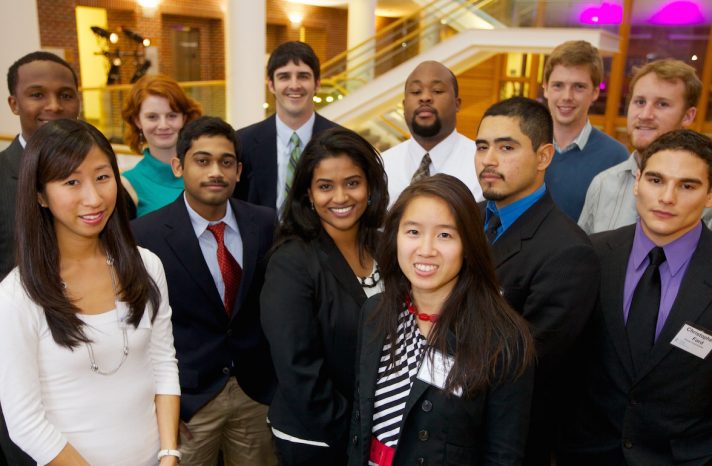
Carolina Public Health Magazine
Gillings School Experts Discuss Some of Today’s Most Urgent Public Health Challenges

From the dean (Summer/Fall 2017)
For this issue of Carolina Public Health, we asked members of our faculty, staff, alumni and boards to respond to critical questions about the future of public health. To organize their answers, we assigned each to a category that closely aligns with one of our School's strategic theme areas, recognizing that a person’s work often cuts across categories. These categories include “Prevent Disease,” “Deliver Proven Solutions,” “Protect the Environment,” “Harness Big Data” and “Leadership.”
Are we prepared for the next superbug outbreak?
Prevent Disease: Dr. Ralph Baric explains our strengths and weaknesses when it comes to responding to lethal viruses.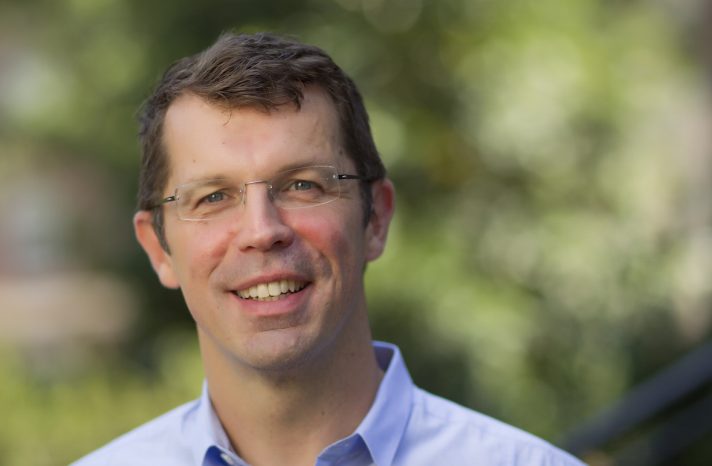
How do we protect more people from HPV cancers?
Prevent Disease: Dr. Noel Brewer shares his research on how confident provider messaging can increase HPV vaccination rates.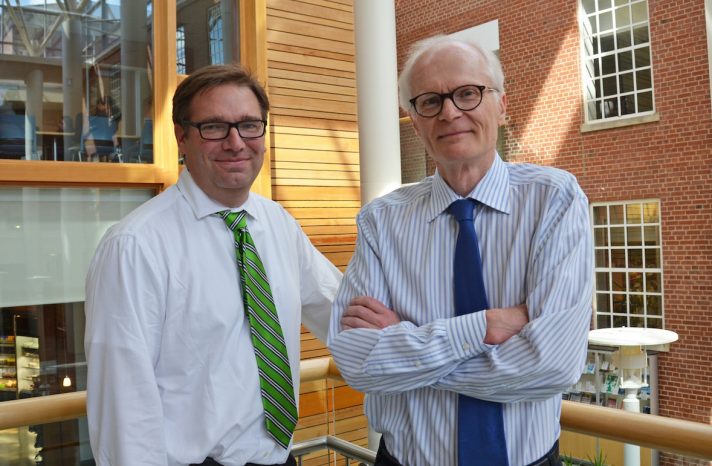
How can we improve health and health care in rural America?
Deliver Proven Solutions: Drs. Mark Holmes and George Pink share their thoughts on the unique health-care needs of the ~46 million people who live in rural America.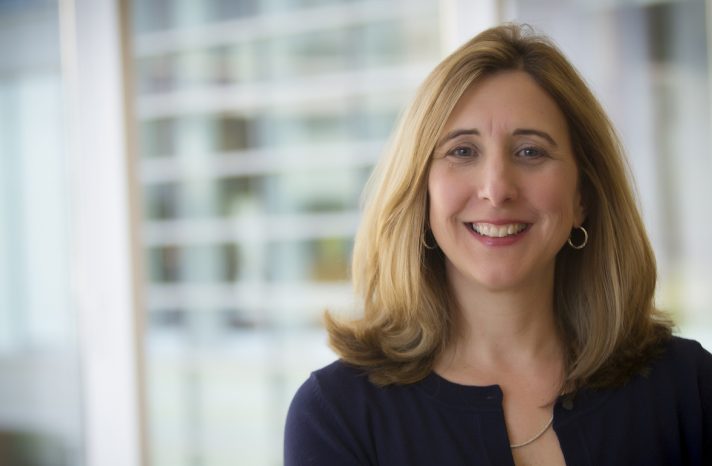
How has digital technology changed public health?
Deliver Proven Solutions: Dr. Deborah Tate weighs in on how digital interventions can lead to behavior change.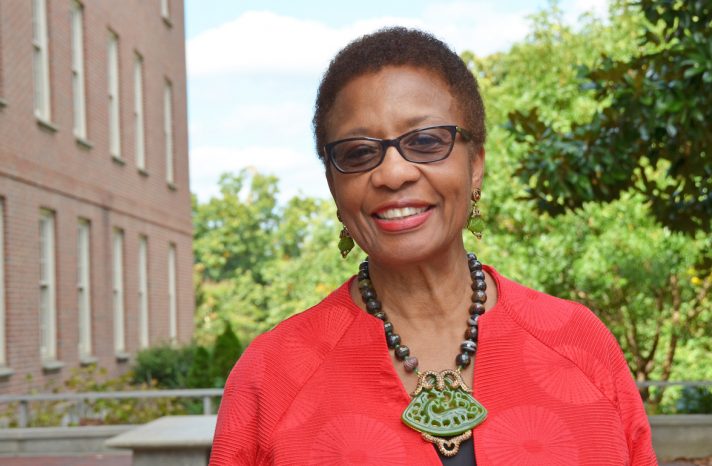
How can we cope with the challenges of aging?
Deliver Proven Solutions: Dr. Peggye Dilworth-Anderson shares her expertise regarding how older adults can maintain and improve their brain health.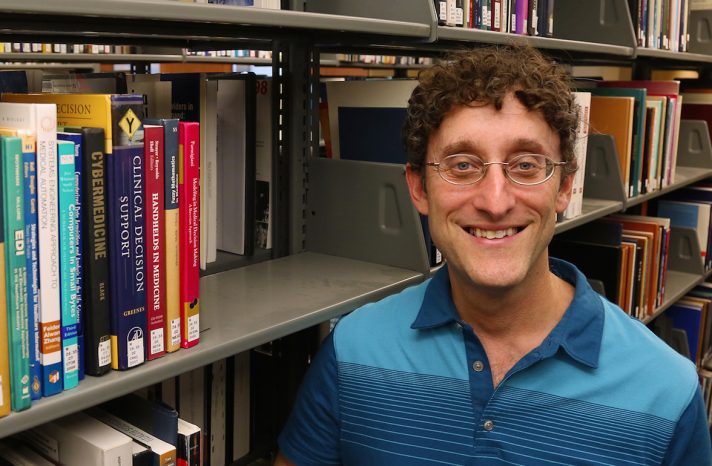
What are the next steps for the Affordable Care Act?
Deliver Proven Solutions: Dr. Jonathan Oberlander outlines possible futures for health insurance in America.
How can we improve the health of young women?
Deliver Proven Solutions: Gillings School alumna Camille McGirt discusses the nonprofit she co-founded, which works to change culture in order to improve public health.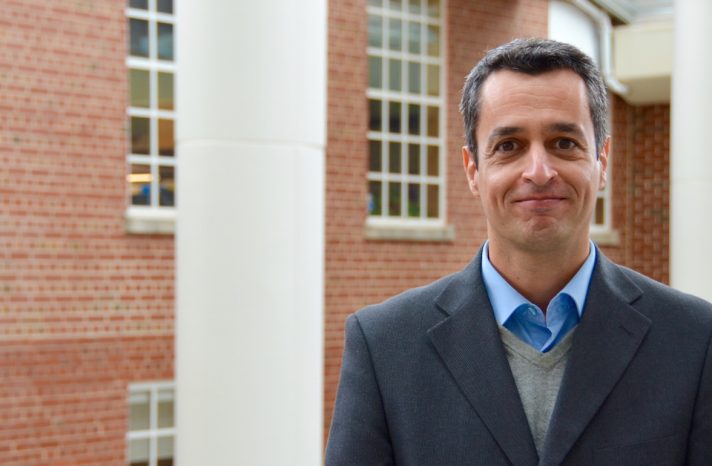
How can we be useful in conflict zones and complex emergencies?
Deliver Proven Solutions: Dr. Dilshad Jaff brings home the critical importance of education in reaching people "lost" to ongoing conflict.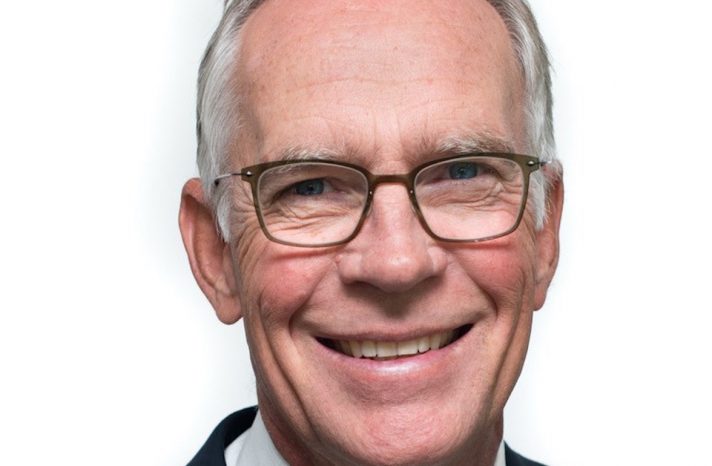
Can entrepreneurship help address the threat of climate change?
Protect the Environment: Don Holzworth outlines why entrepreneurs are uniquely positioned to solve climate change.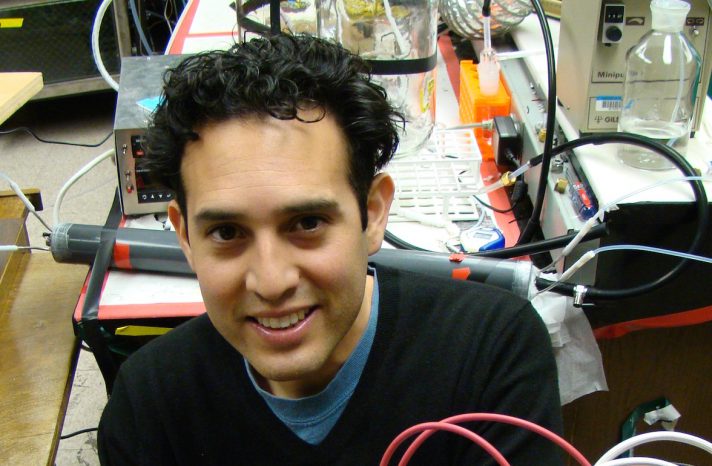
How can we assess health risks from air pollution?
Protect the Environment: As a chemical engineer, Dr. William Vizuete wants to determine whether our current air quality standards truly protect human health.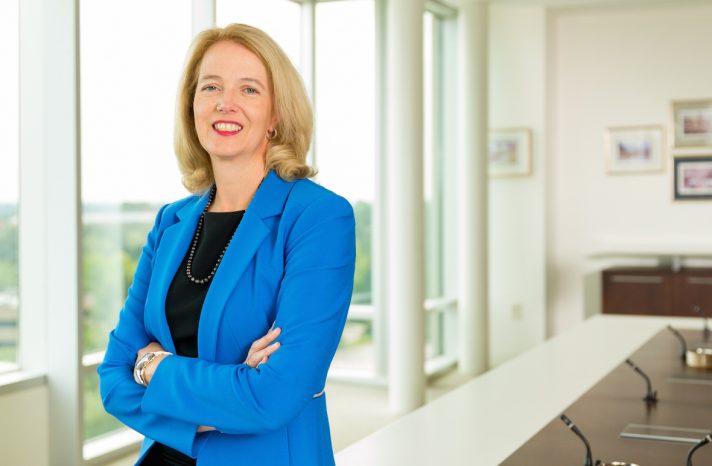
How can we improve the process for developing new medicines?
Harness Big Data: Paula Brown Stafford explains how optimizing development pathways brings innovative medicines to the public more quickly and affordably.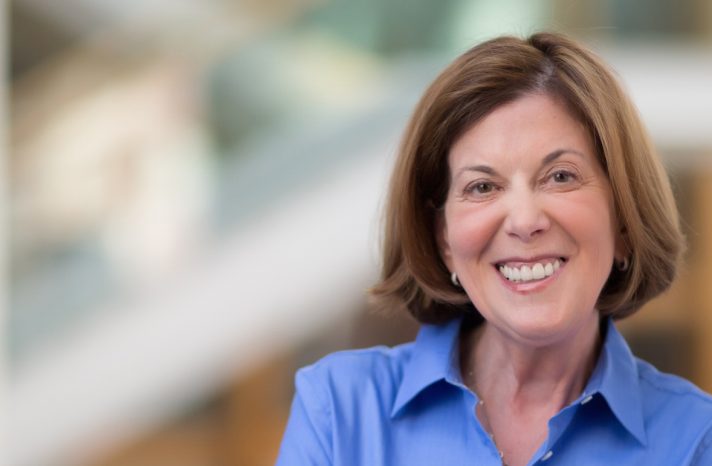
What does it mean to lead a school of public health?
Leadership: Dean Barbara K. Rimer shares her thoughts on leadership, which is "never done and always new."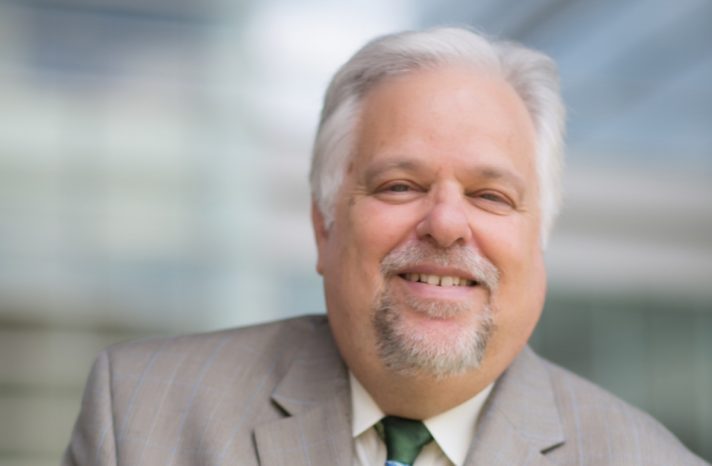
Andrew Olshan, PhD
Leadership: "As a chair, I have come to appreciate being more open to diverse ideas from others."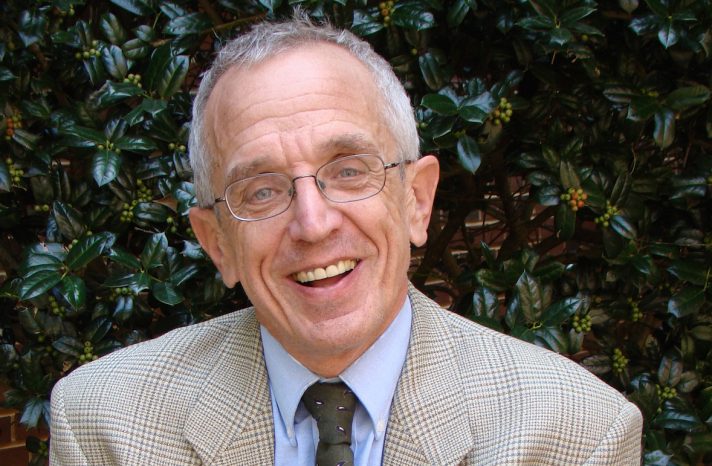
Morris Weinberger, PhD
Leadership: "Public health leaders must be prepared for change to happen at a much faster speed than in the past."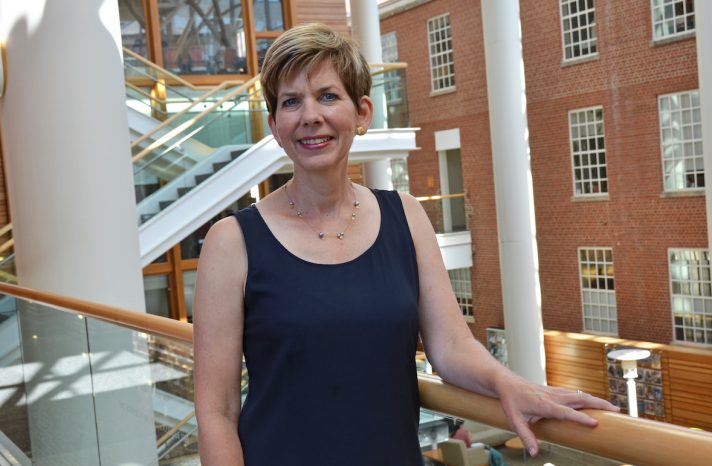
Elizabeth Mayer-Davis, PhD
Leadership: "Asking the difficult questions and managing the avenues of change – those are the spaces in which creative, innovative leaders thrive."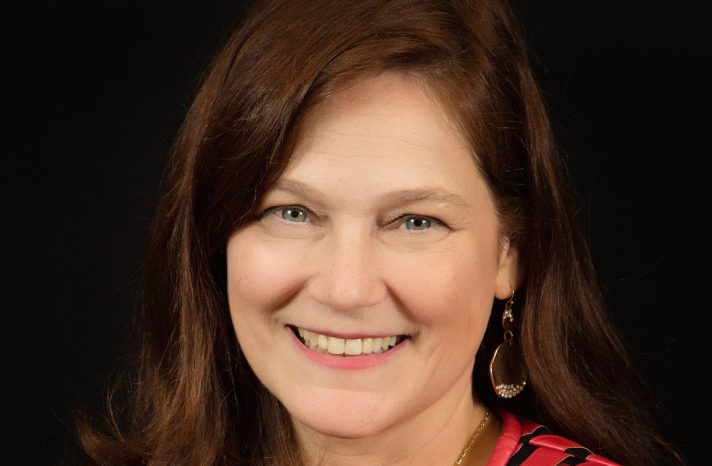
How does a focus on leadership translate to improved public health?
Leadership: Dr. Claudia Fernandez provides an overview of how leadership development institutes led by the Gillings School train participants to address the world's "wicked problems."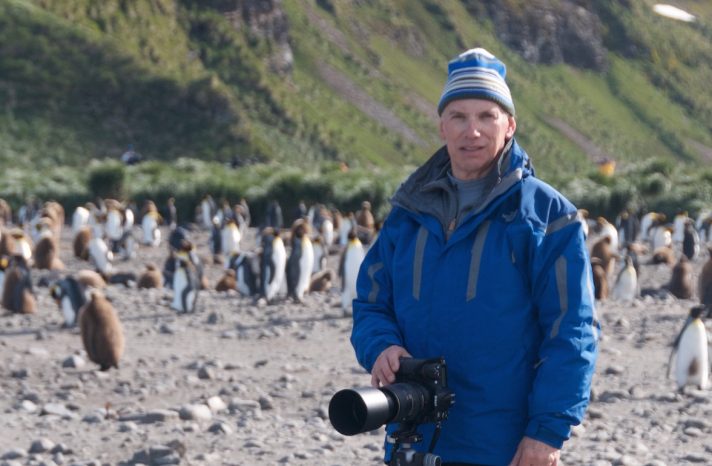
Alumnus Spotlight – Grover Wrenn
"My UNC public health degree put me in the right place at the right time."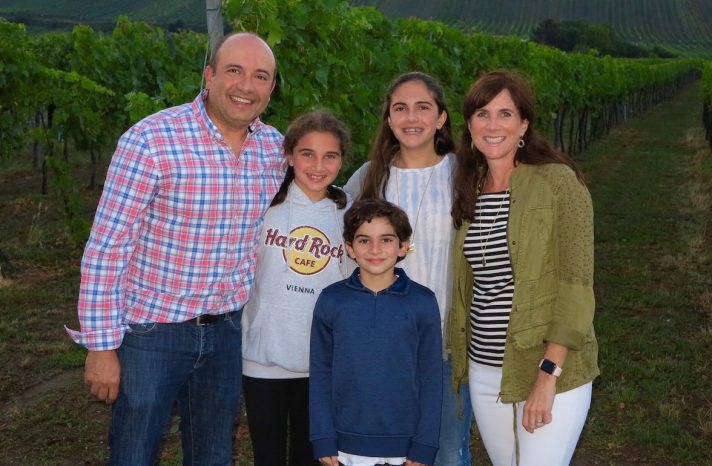
Ahdieh family pays it forward with scholarship gift
The Ahdieh family believes strongly in the Gillings School's mission to improve public health and eliminate health inequities in North Carolina and around the world.
Announcing the Peggy Leatt Fellowship fund
“Her students were always Peggy’s priority,” says her husband, Dr. George Pink.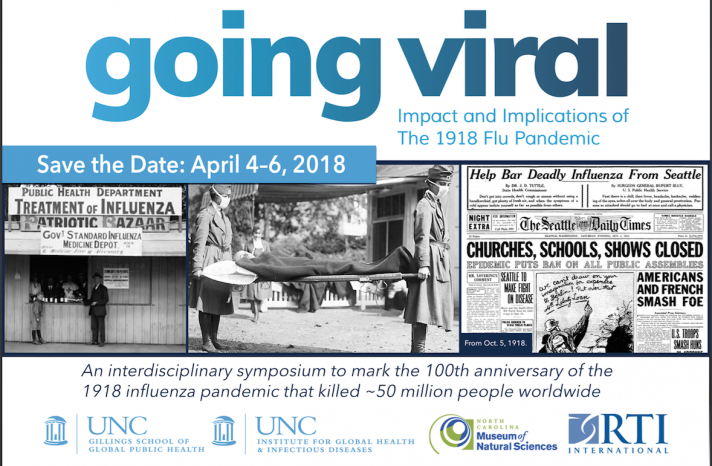
Save the Date: April 4-6, 2018
An interdisciplinary symposium to mark the 100th anniversary of one of the deadliest pandemics in human history
Acknowledgements (Summer/Fall 2017)
Thanks to our Foundation Board, Advisory Council and others who support Carolina Public Health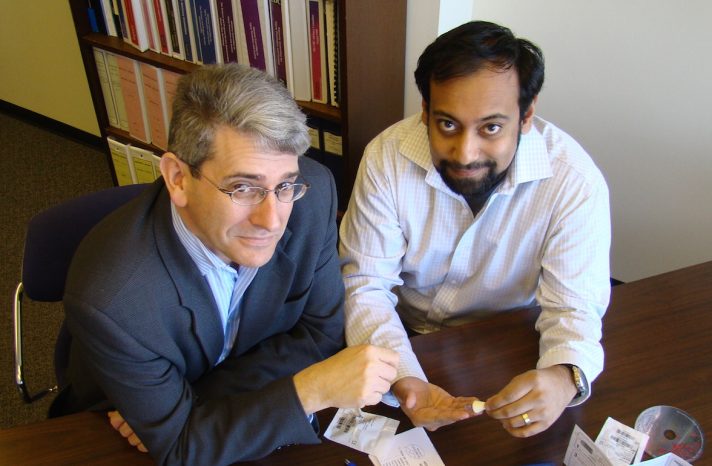
What should we do about the opioid crisis?
Prevent Disease: Drs. Nabarun Dasgupta and Stephen Marshall discuss the need to improve our understanding of the conditions that lead to chronic pain and addiction.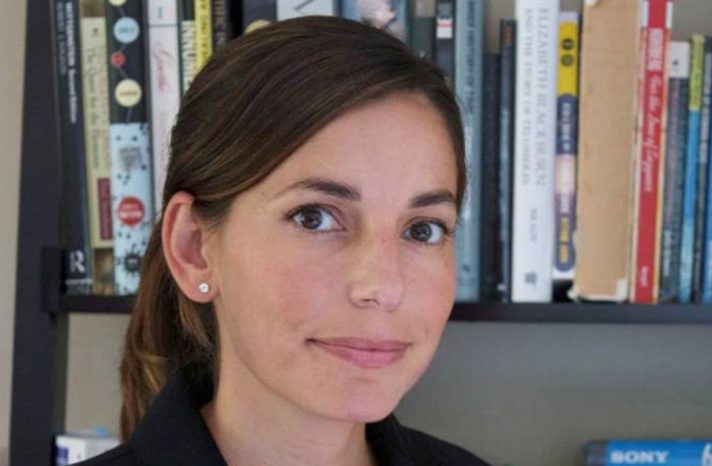
What should we know about infectious diseases?
Prevent Disease: Dr. Allison Aiello says we must acknowledge that another pandemic will occur.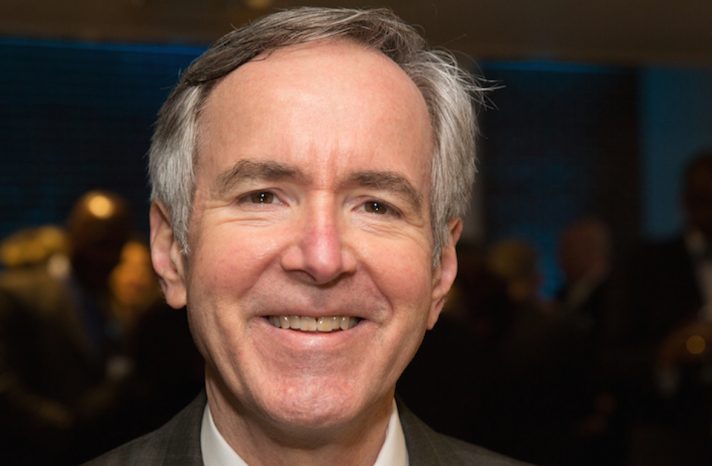
How can we improve implementation of life-saving interventions in maternal and newborn health?
Deliver Proven Solutions: Dr. Herbert Peterson declares, "Clearly, people do not benefit from interventions they do not experience."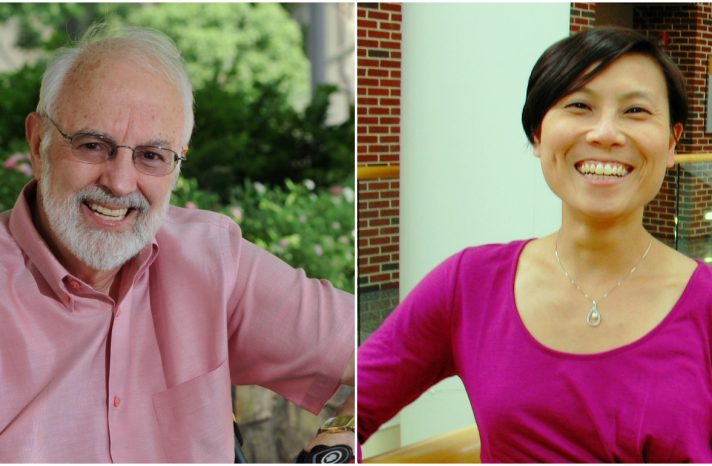
Is sugar the next ‘tobacco’ battle?
Deliver Proven Solutions: Drs. Shu Wen Ng and Barry Popkin provide an overview of the ‘sugar fight’ in the U.S. and globally.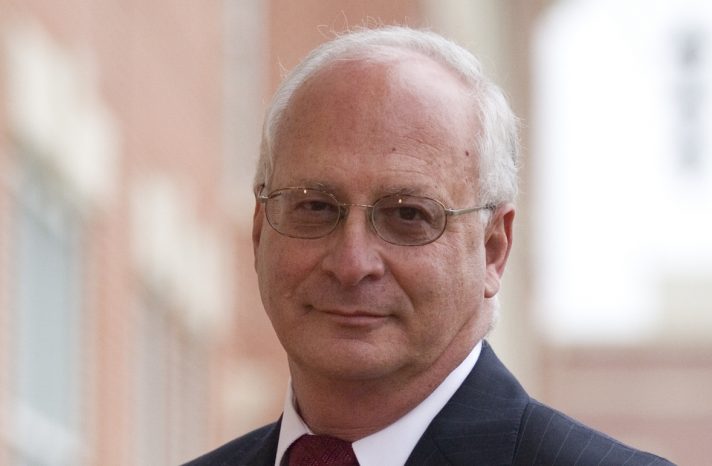
What's essential for the prenatal brain?
Deliver Proven Solutions: As a young researcher, Dr. Steven Zeisel asked a critical question: "Is choline is an essential nutrient for humans?"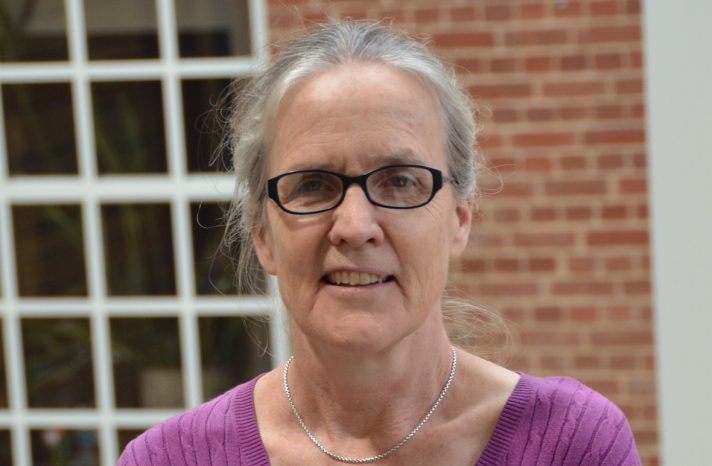
Can good nutrition reduce risks for chronic diseases?
Deliver Proven Solutions: Dr. Alice Ammerman thinks sharing food should be a joyous occasion, and her work aims to ensure that making healthier choices adds to that satisfaction.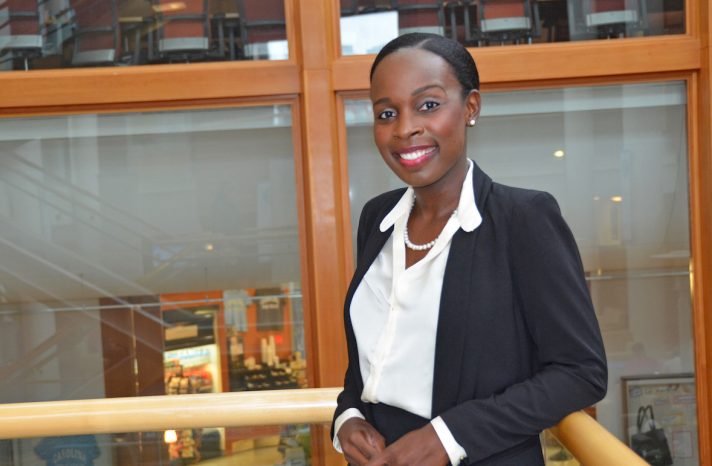
How can we achieve equity in palliative and supportive cancer care?
Deliver Proven Solutions: Dr. Cleo Samuel explains why framing palliative and supportive cancer care as part of routine oncology care will be critical in the coming decades.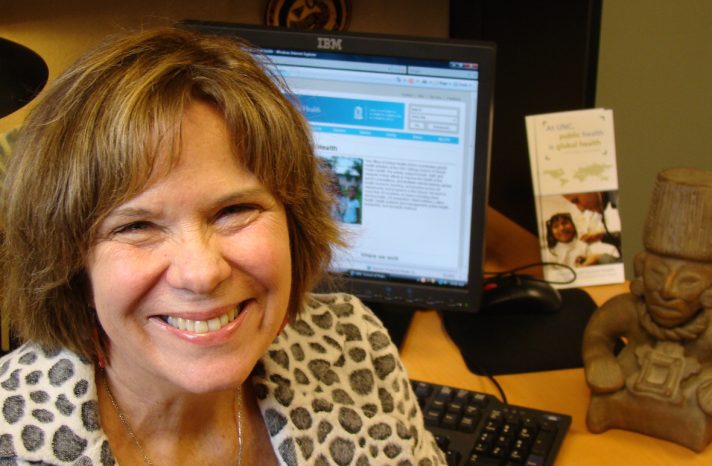
What are the most pressing issues in global health?
Deliver Proven Solutions: Dr. Peggy Bentley explains the convergence of infectious diseases and noncommunicable diseases, as well as the link between food security, agriculture and malnutrition.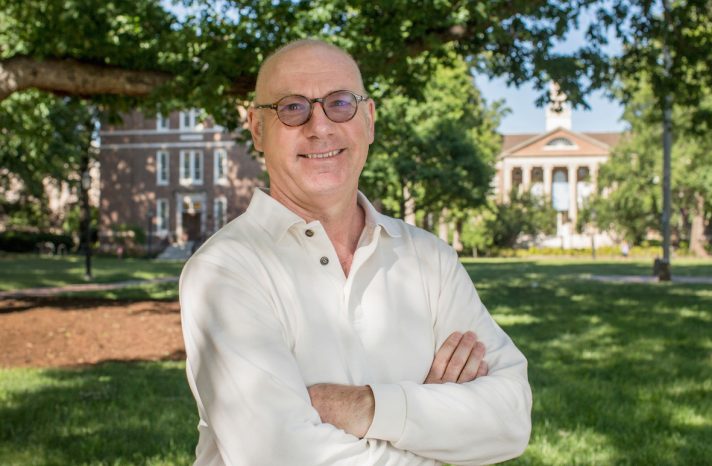
What is our biggest global health challenge?
Protect the Environment: Dr. Jamie Bartram shares four hopes for the future of water management in the United States.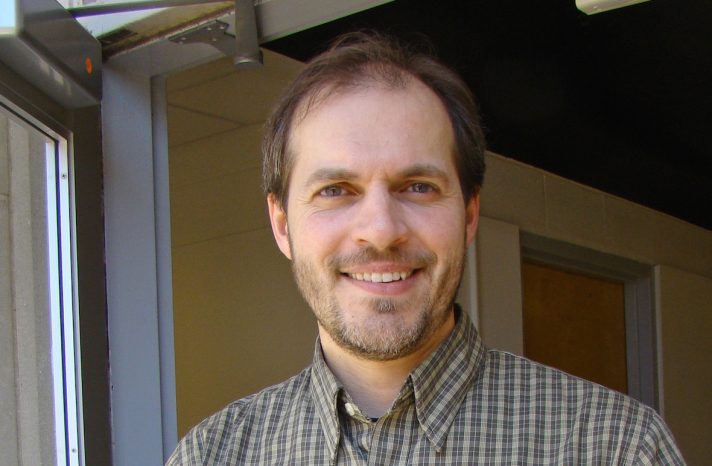
Can we reduce deaths associated with air pollution?
Protect the Environment: Dr. Jason West explains why addressing air pollution and climate change simultaneously is the best path for the health of the global public.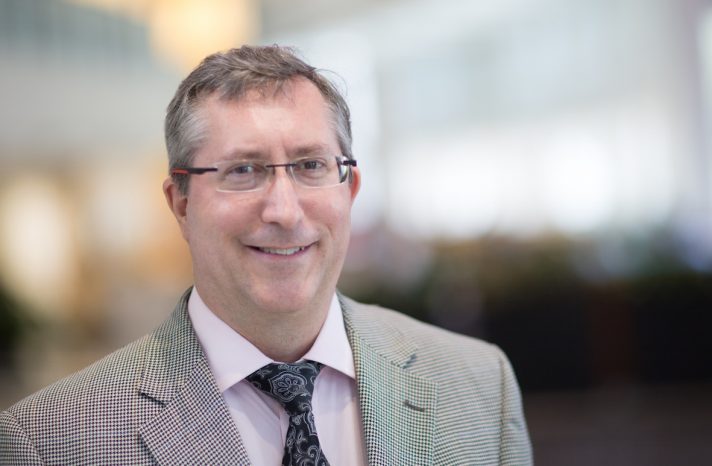
How will big data transform the future of public health?
Harness Big Data: Dr. Michael Kosorok says data are more complicated than they used to be – but that means they hold nearly infinite possibilities for public health.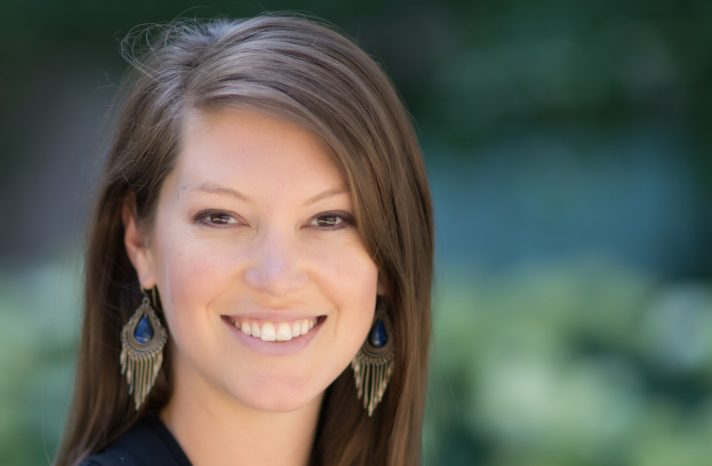
How can we use big data to save cancer patients’ lives?
Harness Big Data: Dr. Stephanie Wheeler embraces uncertainty in exchange for the chance to inform public health policy and decision making.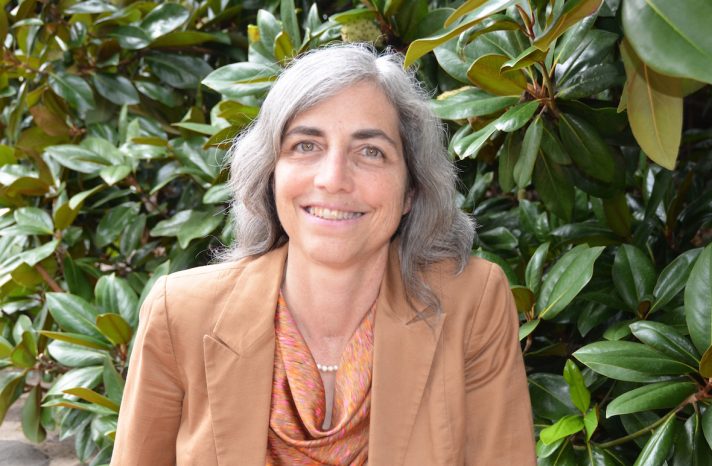
Barbara J. Turpin, PhD
Leadership: "A science-literate public is essential to a functioning democracy and to public health protection."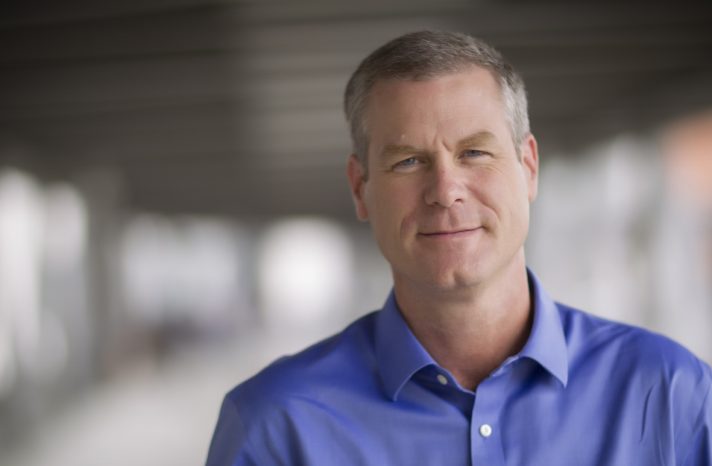
Kurt M. Ribisl, PhD
Leadership: "Don't wait years to develop a program in your area of public health – start drafting something and iterate it."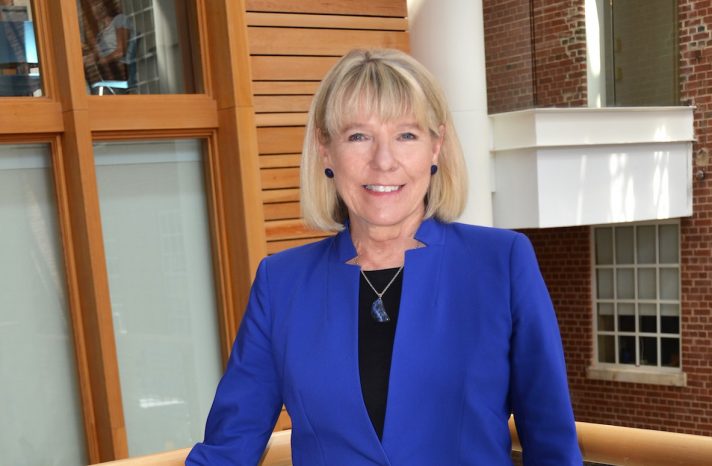
Carolyn Halpern, PhD
Leadership: "One way to cultivate leadership skills is by identifying a mentor who embodies those qualities."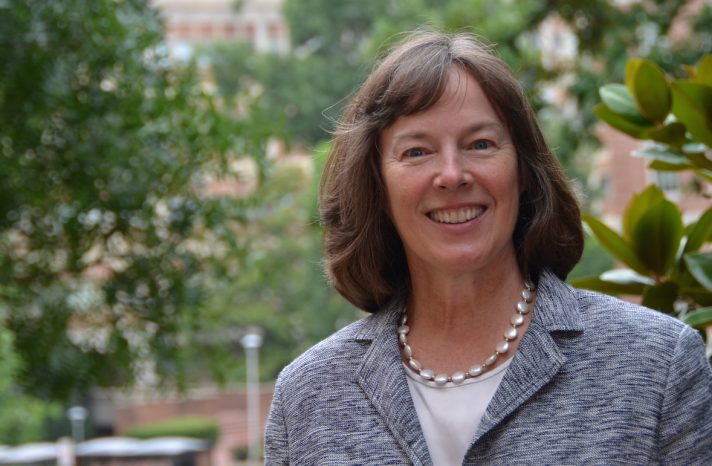
Anna Schenck, PhD
Leadership: "When I try to define good leadership, I think more in terms of actions than characteristics."
How can we be intrepid public health leaders?
Leadership: Dr. Amy Lansky shares her view that, in the face of uncertainty, leaders can rely on foundational skills related to priority-setting, use of data and sustaining partnerships.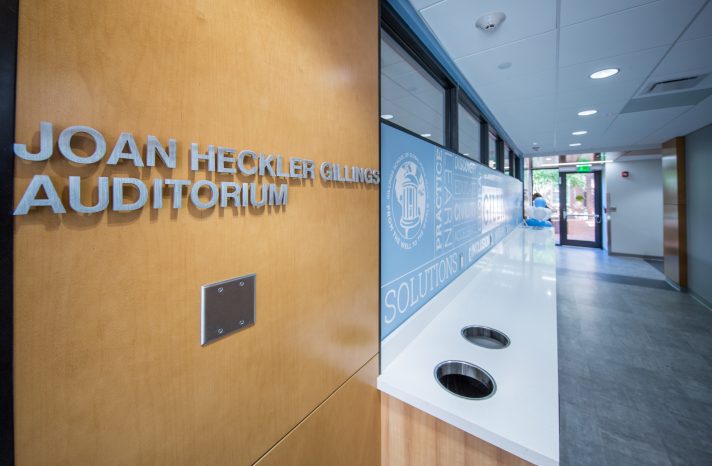
133 Rosenau Hall is transformed...
Say 'hello' to the Joan Heckler Gillings Auditorium!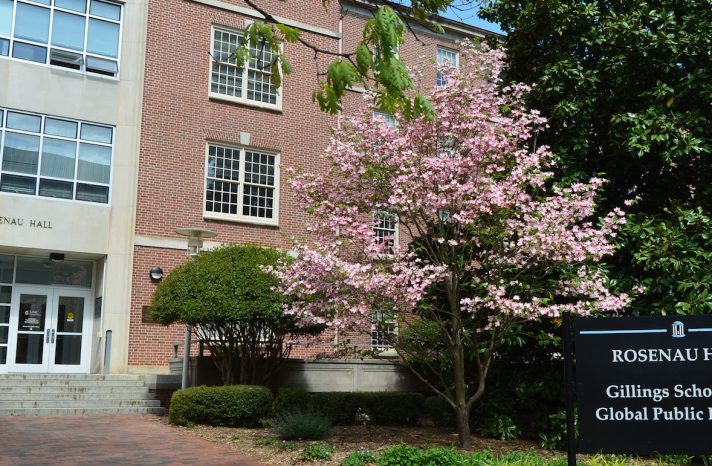
Karissa Grasty named new associate dean for advancement
A North Carolina native, Grasty has more than 20 years’ experience in fundraising.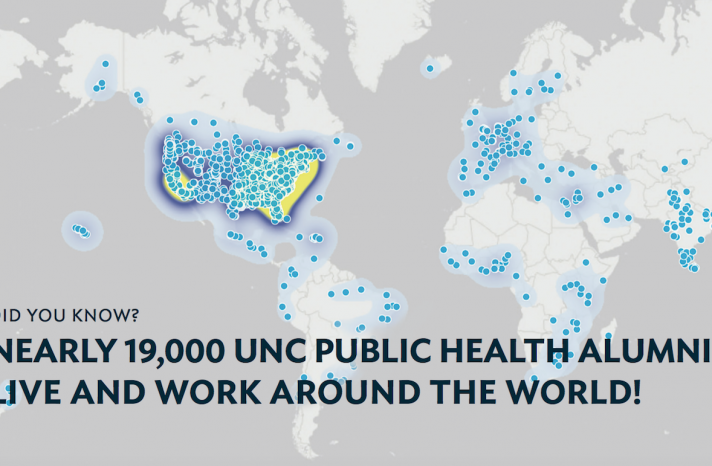
Join our Alumni Association
Gillings School alumni span the globe!